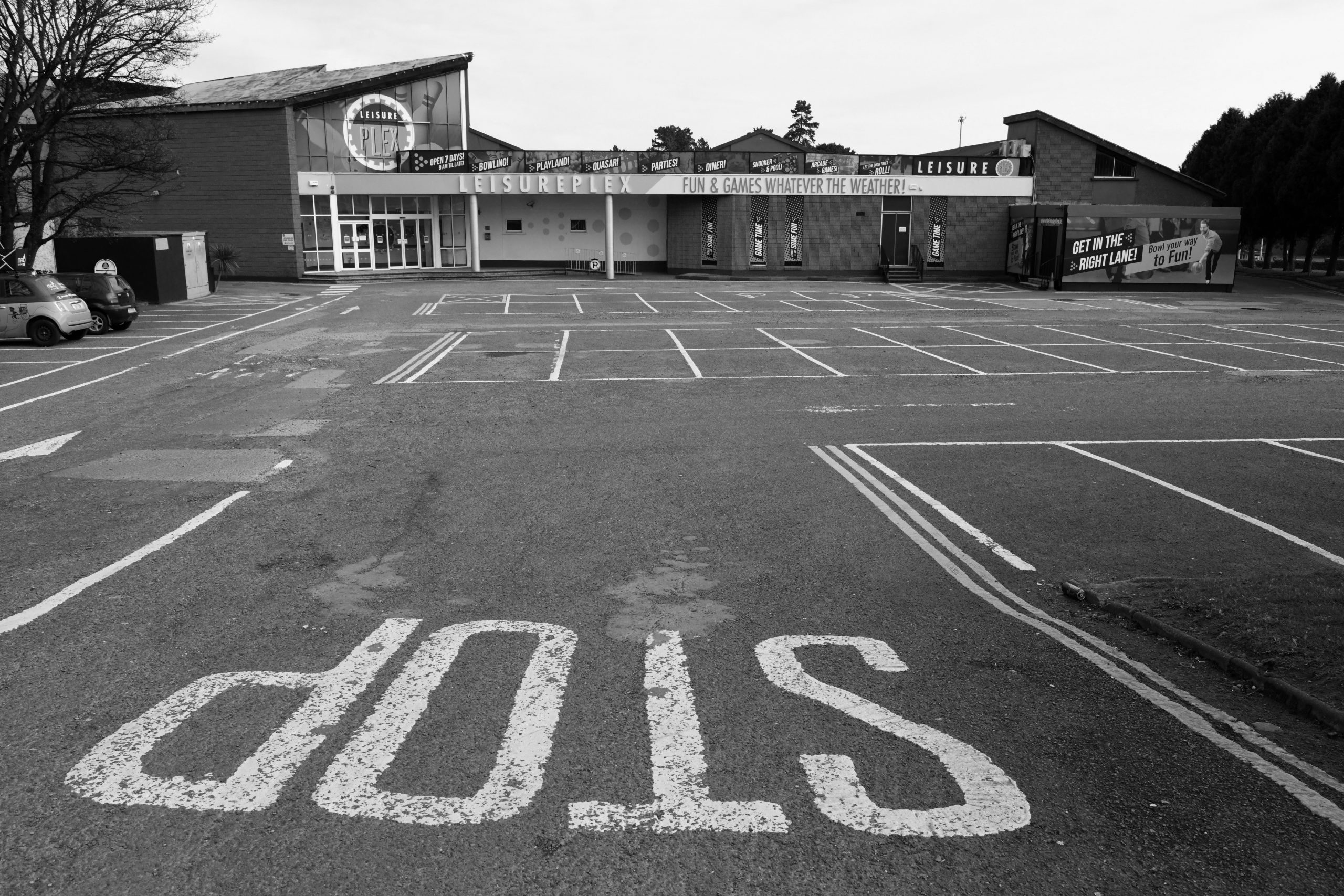Since it opened in 1963, the Stillorgan Bowl, or Leisureplex, has played host to generations of children’s birthday parties in South Dublin, offering up snooker, pool, Quasar, an adventure play area and of course ten pin bowling. The facility is used by a number of clubs and community groups including several Special Olympics clubs. It employs 55 staff, some of whom have never worked elsewhere. Now its days appear to be numbered, courtesy of a €100 million strategic housing development project proposed for the 1.33 hectare site. KW Investment Funds has secured planning permission to knock down the Leisureplex, and…
Cancel at any time. Are you already a member? Log in here.
Want to read the full story?
Unlock this article – and everything else on The Currency – with an annual membership and receive a free Samsonite Upscape suitcase, retailing at €235, delivered to your door.

